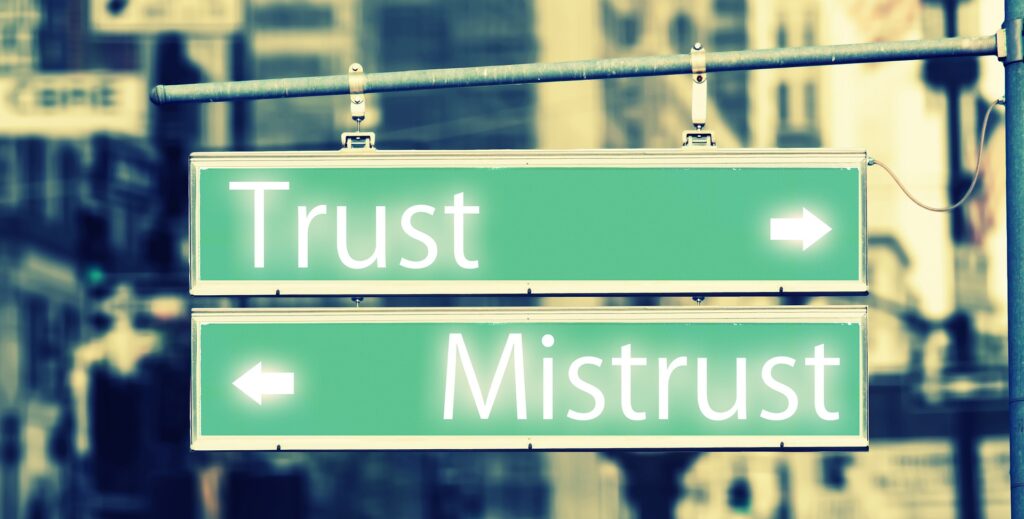
Integrity and Ethics form an integral part of the workplace. When you act with responsibility, you build a position of trust. When people see you embody good workplace ethics they form a better reputation for you in their minds. It is not just customers who notice these differences but also co-workers. Making ethical decisions could be a way to acquire a great recommendation in the coming days when you want to seek a promotion or change jobs.
Many times ethical decisions are quite obvious and we stick with our integrity. Imagine if you observed someone doing any of the following:
- Stealing university property
- Having a friend clock them in while not really working
- Harassing or using discriminatory language toward a coworker
- Taking serious safety risks that might put others in harm, like leaving dangerous chemicals sitting around without labeling or precautions
We could all agree that these would be unethical behaviors. They could be putting coworkers or customers at risk of harm, or could cost the university money. Ultimately these unethical behaviors could erode the quality and value of the services we provide to students at NC State.
However there are some situations which might be more foggy and harder to determine right and wrong. After all, integrity is doing the right thing when no one is watching. For instance, maybe someone isn’t loading up their bag with merchandise directly, but they are allowing their friends or family to get free or discounted merchandise. Is that still unethical? It is. This kind of behavior has the same long-term effects–lowering our ability to provide cost-effective and high-quality services.
Here are a few other examples of less-obvious unethical behaviors:
- Working off the clock. If you continue working after you’ve clocked out from your shift, it’s not fair to you, and it could also expose the university to the risk of fines for not following labor laws.
- Gossiping about coworkers. While gossip may not seem serious compared to harassment, it can similarly lead team members to feel demeaned and excluded. We all want and deserve to be treated respectfully at work.
- Being sloppy about safety rules. Sometimes it’s tempting to cut corners or skip safety procedures to get the work done more quickly. But this could lead to a variety of hazards, like dangerous work environments, food-borne illnesses, or poorly maintained and hazardous equipment.
When making decisions in the workplace, think carefully about how your choices and actions may impact students and other community members at NC State. If you do this, you can build your own personal reputation as a person of integrity. If we all do this, we can build a collective reputation as an ethical organization, dedicated to the success of the whole Wolfpack.
If you’d like to learn more, please explore the Sticky Situations: Workplace Ethics online workshop. This interactive, self-paced workshop explores many more scenarios of challenging ethical decisions you may face in the workplace. It also provides frameworks to help you make the best decisions.
If you are concerned about unethical behavior you have observed in the workplace, please reach out to your supervisor, or Campus Enterprises HR, or the university Compliance and Integrity office.